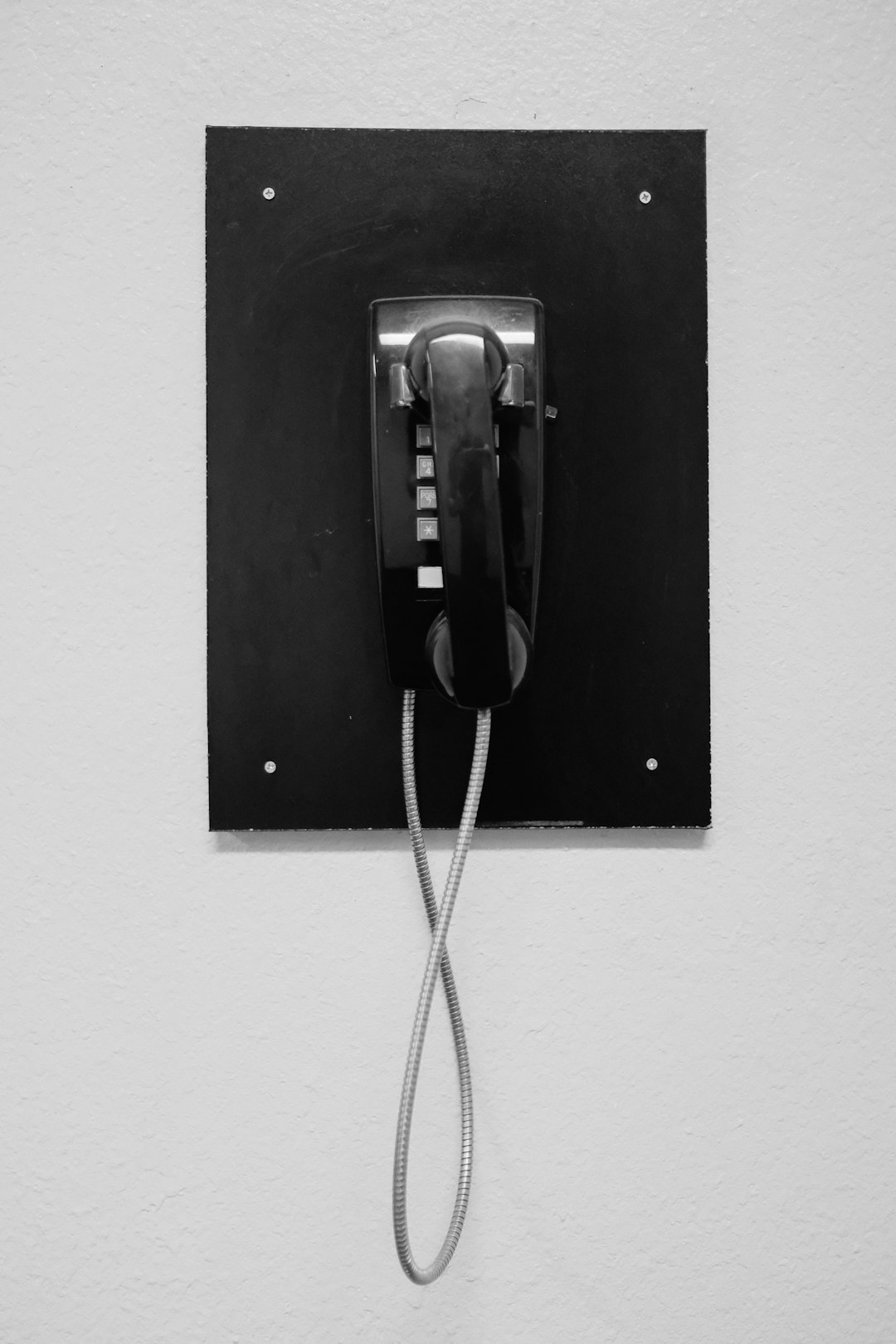In Ohio, robocalls are a common nuisance with evolving tactics. While laws like TCPA protect consumers, telemarketers use spoofing and AI to bypass blocking tools. Understanding legal rights is crucial; individuals can sue for damages if rights are violated or calls cause distress. Consulting a specialist offers guidance on "Can I Sue For Robocalls Ohio?"
In today’s digital age, telemarketing has evolved with advanced technology, posing challenges for consumers seeking respite from unwanted calls. Robocalls and call blocking tools have become commonplace, yet telemarketers employ adaptive strategies to bypass these safeguards. This article explores the current landscape of robocalls and call blocking, delving into how telemarketers leverage technology, Ohio’s legal stance on unwanted calls, advanced call tracking identification, and consumer rights—including options for relief from relentless robocalls, including potential legal recourse in Ohio.
Robocalls and Call Blocking: The Current Landscape

In today’s digital era, robocalls have become a ubiquitous and often unwanted part of daily life for many Americans. These automated phone calls, designed to deliver pre-recorded marketing messages en masse, are a prevalent nuisance. While some people may view them as harmless advertising, others consider them intrusive and frustrating, especially when they involve high-pressure sales tactics or scams. The rise of call blocking apps has been a direct response to this issue, allowing users to automatically filter out unwanted calls. These tools have become increasingly popular, with millions of Americans relying on them to maintain a sense of control over their phone lines.
The current landscape of robocalls and call blocking presents a complex interplay between consumer protection, business practices, and technological advancements. In Ohio, as in many other states, there are laws in place to combat aggressive telemarketing practices, including restrictions on robocalls. However, despite these regulations, unscrupulous callers often find ways around them by utilizing sophisticated technology. They employ dynamic number insertion (DNI) and caller ID spoofing techniques to bypass call blocking systems, making it challenging for consumers to differentiate between legitimate calls and unwanted robocalls. This has led many Ohio residents to wonder: Can I sue for robocalls? The answer is often complex, as legal recourse depends on the specific circumstances and the type of harassment experienced.
Telemarketers' Adaptive Strategies: Using Technology

Telemarketers have become increasingly resourceful in their approach, leveraging technology to bypass call blocking tools and reach consumers. With advancements in automation, they employ sophisticated systems that adapt to different blocking mechanisms. These strategies include utilizing machine learning algorithms to identify and bypass robust call-blocking software, ensuring their calls still reach recipients’ phones.
Furthermore, telemarketers are integrating artificial intelligence (AI) to personalize their communication, making interactions more engaging. By analyzing consumer data, they can tailor messages, increasing the likelihood of conversions. This adaptive approach, combined with the use of advanced technology, presents a challenge for call blocking tools, as these systems must continually evolve to keep up with telemarketers’ strategies, especially considering legal implications like those surrounding robocalls in Ohio.
Ohio's Legal Perspective on Unwanted Calls

In the United States, including Ohio, the Legal perspective on unwanted calls has evolved to protect consumers from intrusive and fraudulent activities. The Telephone Consumer Protection Act (TCPA) is a federal law that restricts how telemarketers conduct business, particularly through automated or prerecorded calls, commonly known as robocalls. Ohio’s Attorney General’s office actively enforces these regulations, taking action against companies and individuals who violate consumer privacy rights.
If you’ve received excessive or unwanted robocalls in Ohio, understanding your legal options is crucial. The TCPA allows consumers to take legal action and potentially sue for damages if they believe their rights have been violated. This includes the right to seek monetary compensation for each unauthorized call received. Therefore, if you’re considering taking legal action against a telemarketer due to robocalls, consulting with an attorney specializing in telecommunications law can help determine if you have a valid case and guide you on the steps to take, including whether you can sue for robocalls in Ohio.
Identifying and Combating Advanced Call Tracking

In the age of digital advancements, telemarketers have adapted their strategies to bypass call blocking tools, making it increasingly challenging for consumers to manage unwanted robocalls. One sophisticated method they employ is advanced call tracking, utilizing software that can detect and adapt to call-blocking technologies. This technique involves analyzing patterns and metadata associated with calls, allowing them to adjust their approaches accordingly.
To combat this, consumers in Ohio and beyond have legal recourse. Understanding the laws against robocalls is crucial. In many jurisdictions, including Ohio, there are strict regulations regarding telemarketing practices, and consumers can take legal action if they feel their rights have been violated. If you’ve been plagued by relentless robocalls, consulting with a legal professional to explore options like filing a lawsuit for robocalls could be a step towards reclaiming your peace of mind.
Consumer Rights and Options for Relief

In today’s digital era, consumers have rights and options when it comes to dealing with unwanted robocalls. While telemarketers often employ sophisticated technology to bypass call blocking tools, there are measures in place to protect individuals from intrusive phone calls. One of the primary consumer rights is the ability to register on “Do Not Call” lists, ensuring a significant reduction in marketing calls. Additionally, many states, including Ohio, have implemented laws that restrict when and how telemarketers can contact residents, providing further relief.
If a consumer feels their rights have been violated or experiences consistent harassment from robocalls, there are legal avenues to explore. In Ohio, for instance, individuals may have the option to sue for damages if they can prove the calls were unsolicited and caused emotional distress. This not only provides financial compensation but also sends a strong message to telemarketers and their associated technology companies about the seriousness of privacy invasion.






